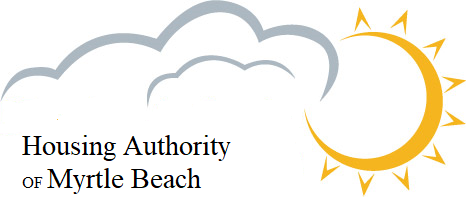Font Size
New Violence Against Women Act (VAWA) Provisions
PRINCIPAL DEPUTY ASSISTANT SECRETARY FOR PUBLIC AND INDIAN HOUSING
“Nobody should have to choose between an unsafe home and no home at all. Today we take a necessary step toward ensuring domestic violence survivors are protected from being twice victimized when it comes to finding and keeping a home they can feel safe in.” —HUD Secretary Julián Castro
Dear Executive Director,
In October, Secretary Castro announced HUD’s rule to enhance housing protections for survivors of domestic and dating violence, sexual assault, and stalking under the Violence Against Women Act (VAWA) Reauthorization of 2013. This final rule was published in the Federal Register on November 16, 2016, with its provisions effective December 16, 2016. Some of the provisions affecting PHAs include:
- Codifies core protections – Ensures that survivors are not denied assistance, evicted, or terminated from housing assistance for being a victim—or being affiliated with a victim—of domestic and dating violence, sexual assault, or stalking. The final rule continues these already existing protections.
- Emergency transfers – Allows survivors to move to another available unit if they fear for their life and safety. The final rule includes a model emergency transfer plan and an emergency transfer request form. PHAs will have 180 days, until June 14, 2017, to develop emergency transfer plans.
- Protections against denials, terminations, and evictions that directly result from being a victim of domestic violence, dating violence, sexual assault, or stalking – Survivors often face denial, termination, or eviction for reasons that seem unrelated to being a survivors, such as poor rental history or poor credit, bu is actually a direct result of being a survivor of domestic and dating violence, sexual assault, and stalking. For example, as part of an act of domestic violence an abuser may cause damage to the survivor’s apartment, which in turn may cause the survivor to be evicted and have a poor rental history. The final rule prohibits any denial, termination, or eviction that is a direct result of the fact that the applicant or tenant is or has been a victim of domestic violence, dating violence, sexual assault, or stalking, if the applicant or tenant otherwise qualifies for admission, assistance, participation, or occupancy.
- Low-barrier certification process – Enables survivors to exercise their VAWA rights through self-certification in most cases, easing the barrier of third-party validation. The final rule includes a certification form that may be used by covered housing providers.
To help implement these new provisions, your local public housing offices will be providing guidance and training.
Thank you for your continued leadership and support of housing protections on behalf of survivors.
With much appreciation,
Lourdes Castro Ramírez
www.hud.gov
espanol.hud.gov
